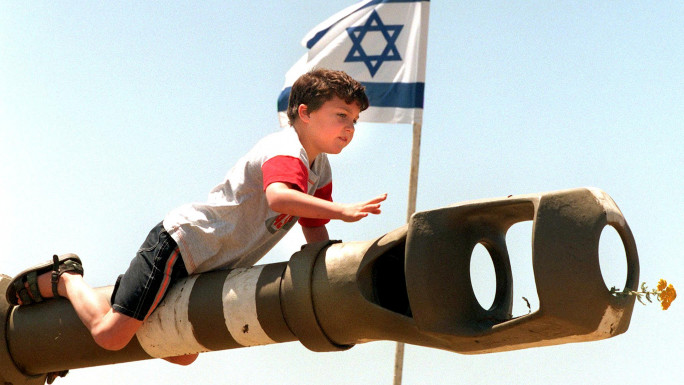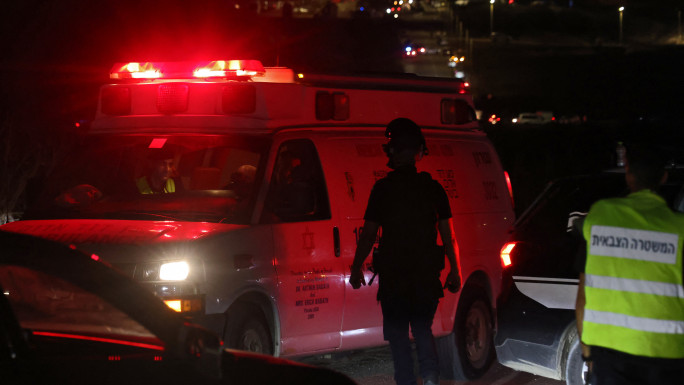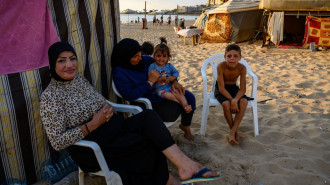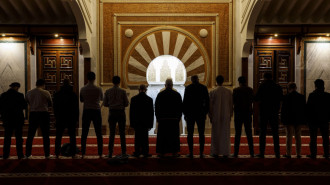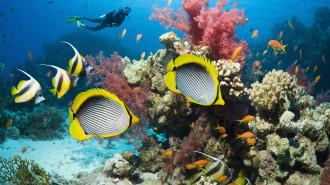
The horrors of skin diseases ravaging Palestinian prisoners in Israeli jails

Sayyaf Selmi, 22, is still recovering from a skin disease he contracted during his detention in Israeli prisons, despite his release more than a month ago.
The spread of skin diseases in Israeli prisons has become another troubling matter for Palestinian prisoners and their families, adding to the already harsh humanitarian conditions that detainees suffer from.
According to the Prisoners and Ex-Prisoners Affairs Authority, it is difficult to know the number of detainees suffering from skin diseases due to the lack of communication with them and Israel’s refusal to allow lawyers or their families to visit them.
But what is more difficult is depriving those infected of treatment and not providing any living conditions that may alleviate or limit these diseases.
Small red pimples with festering heads
Selmi was arrested from his home in Qalqilya in August 2022 and sentenced to two years in prison.
In the middle of last May, he began to suffer from severe itching during his detention in the Naqab prison. It concentrated between the thighs and the abdomen, and within a few days, it spread throughout his body.
At the same time, a large number of detainees began to suffer from itching that became so severe they could no longer sleep.
Selmi’s condition was the most difficult among the prisoners, as small red pimples with festering heads appeared all over his body, and after a short period, they turned into boils that prevented him from doing anything.
“I couldn’t reach the bathroom on my own, eat or even drink water. I was suffering and screaming sometimes from the severity of the itching or from the pain that these boils left on my body,” he tells The New Arab.
Eight days after he was infected, it spread to the rest of the prisoners due to the closed spaces and so the administration transferred him to an isolation unit.
At first, Selmi was happy about the isolation decision, thinking that he would receive treatment, but instead, he was thrown into a small cell, fighting the disease alone.
“I was suffering severely and screaming from pain and itching that almost drove me crazy, and I remained like this until I was released three months after I became ill,” he added.
Sayyaf's family was shocked when they saw his body and the blisters on it. He was immediately taken to the hospital and given intravenous treatment, and his family was asked not to approach him for fear of infection.
Selmi had to remain in quarantine for nearly a month after that, but even now he is cautious when dealing with his family.
According to the prisoners and their experience, the disease was widely recognised to be scabies, which dermatologist Firas Al-Jaabari explained is a fungal infection caused by a very small type of insect that penetrates the skin layer, causing an extremely itchy rash.
Al-Jaabari explained that humidity and lack of ventilation cause scabies to multiply and more people to become infected with it, in addition to the lack of cleaning materials.
“Leaving the disease for a long time without treatment prolongs the period of recovery from it, and although treatment is easy and available anywhere, not providing it when infected leads to complications and skin infections,” Al-Jabari added.
Fate unknown
Aya Ibrahim, the wife of prisoner Montaser Al-Shaunnar, 33, from Nablus, told The New Arab that her husband had told his lawyer during his trial session that he was suffering from scabies.
According to her description, the pimples turned into boils and began to prevent him from doing anything. Even when he goes to the bathroom, other prisoners help him do so.
“We learned from released prisoners that Section 6 in Rimon Prison was turned into a quarantine and they placed all the infected in it without providing treatment. Then we heard that the quarantine was lifted and we don’t know on what basis,” she said.
Although this is Montaser's fifth arrest, it is the first time that his family has felt such concern about his health, because the conditions of detention in general are very poor.
“I am afraid to read about what the disease could cause if left untreated. I just pray that he will be cured and released soon,” she added.
Montaser, who has been detained for more than two years, has been subjected to administrative detention without a known charge.
Handcuffs infected with the disease
Journalist Hamam Hantash, 35, from Hebron, was also infected with this disease as part of the wave that struck Palestinian prisoners last May.
Due to the severity of the illness, and despite his release nearly a month ago, he is still subject to quarantine and hasn’t yet been able to hug his children or even greet his parents.
He told The New Arab that the disease is highly contagious and believes that the Israeli prison administration is deliberately working to spread it.
“They handcuff infected prisoners during their transfer, and the ulcers on their hands secrete pus and blood and remain on the handcuffs. Then they handcuff another prisoner to them, and this is how the disease spreads,” he added.
Due to the prison administration’s negligence, the prisoners were forced to divide their rooms into two halves, one for the injured and the other for the healthy. They tried not to eat with each other or use each other’s tools, which were already scarce.
“I used to see extremely painful and chilling scenes. A prisoner covered in pimples and boils screams when he eats the only meal he has been waiting for all day due to the severity of the pain. Even though I was also infected, there are much more difficult cases and all of them are still in prison,” he concluded.
Fayha Shalash is a Ramallah-based Palestinian journalist


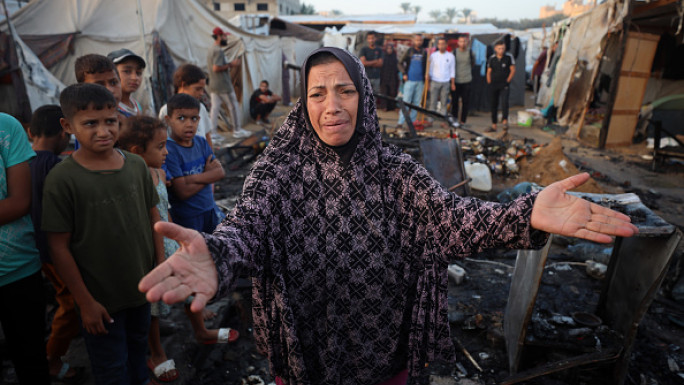
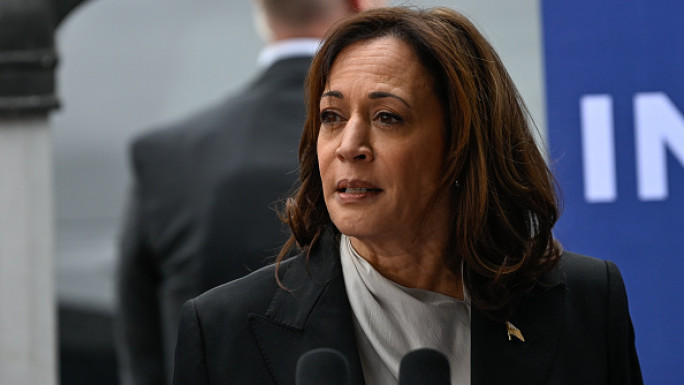
![The leader of planned Albanian Muslim mini-state expresses support for Israel [Getty]](/sites/default/files/styles/image_684x385/public/2171709386.jpeg?h=0e714722&itok=RErwaBrE)
